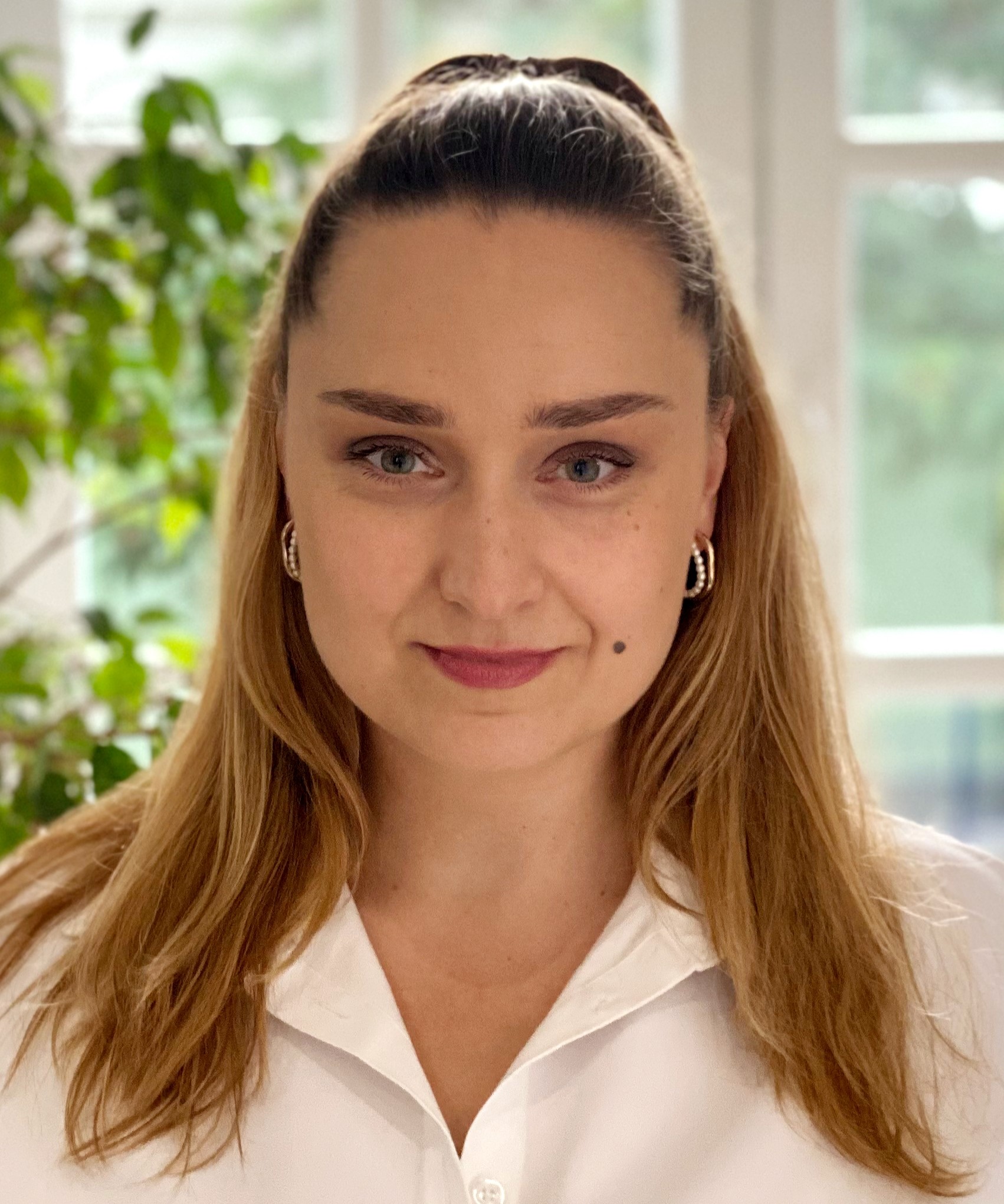Olena Uvarova
Great Powers in the ‘Fight’ for Ottoman Christians: Ideology and Implementation of Patronage Politics in 1774–1856:
Olena Uvarova, Department of Social Sciences at Odesa National Medical University

Olena Uvarova graduated from the Odesa I. I. Mechnikov National University in 2003 with an honours degree and obtained a PhD in World History in 2008. She is currently an Associate Professor at the Department of Social Sciences at Odesa National Medical University, Ukraine, teaching courses in Humanities, and is acting as the Chair of the student scientific group at her department. Her research interests include several topics that have a common orientation: European international relations in the 18th and 19th centuries, the Greek community in Odesa, and Urban history. She was a guest lecturer at the “Multinational South of Ukraine” School organized by DAAD (Odesa, 2021), at the Society of Ukrainians in Finland (Helsinki, 2023), and at the Branch of the Hellenic Foundation for Culture (Odesa, 2024). During August–September 2023, Dr. Uvarova was the Visiting Fellow at the Aleksanteri Institute (University of Helsinki, Finland). Her future plans involve research on the formation of women's higher medical education in Odesa at the beginning of the 20th century.
Project Description
Great Powers in the ‘Fight’ for Ottoman Christians: Ideology and Implementation of Patronage Politics in 1774–1856”: the project problematizes the notion of a protectorate over the Christian coreligionists and, in a broader sense, provides a comparative perspective on relations between the Great Powers, the Porte, and the Ottoman Christians, taking into account the ideological component. It highlights the diverse manifestations of the Great Powers’ patronage politics toward Christians of Greece and the Archipelago, Moldavia, Wallachia, Bulgaria, and Serbia to potentially use them as strategic minorities. The research explains how various imperial powers tried to cope with the threats of strengthening of one of them due to the impact on the local population in the context of the Eastern Question.